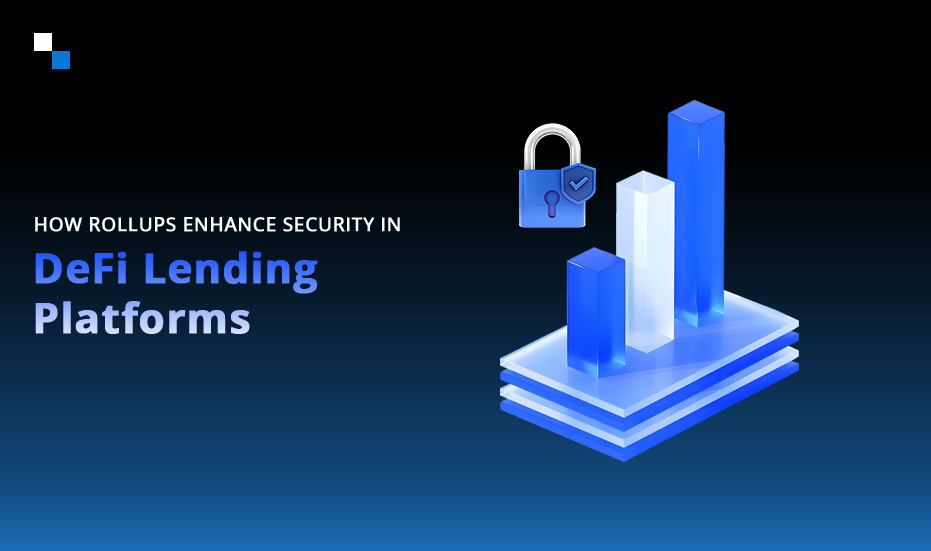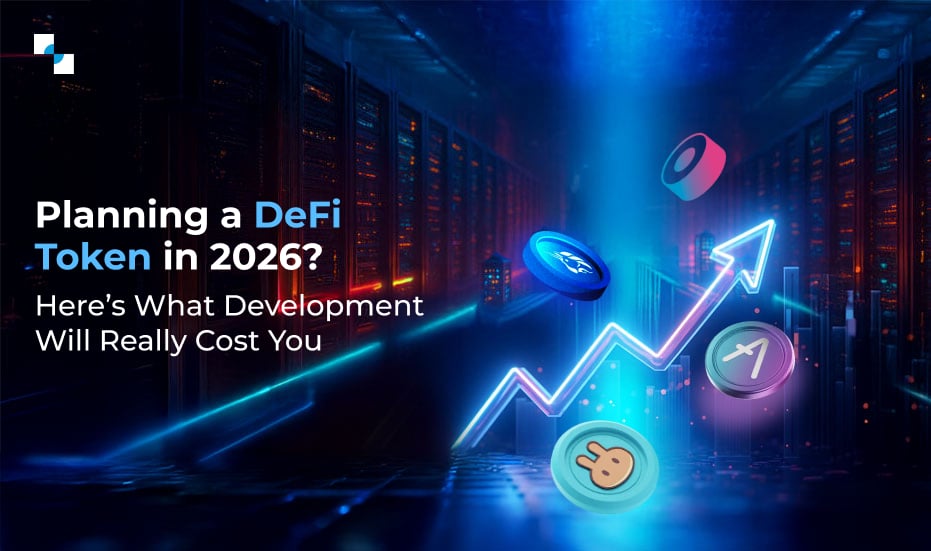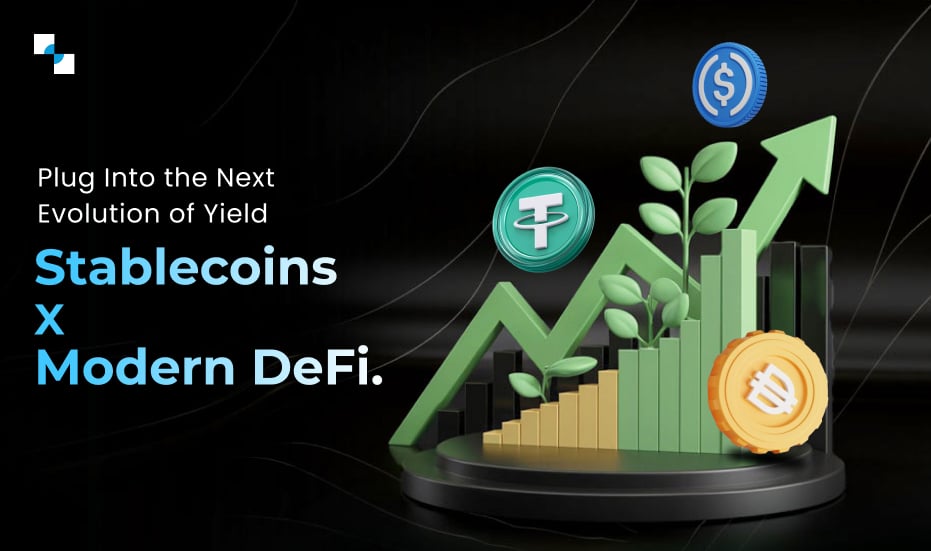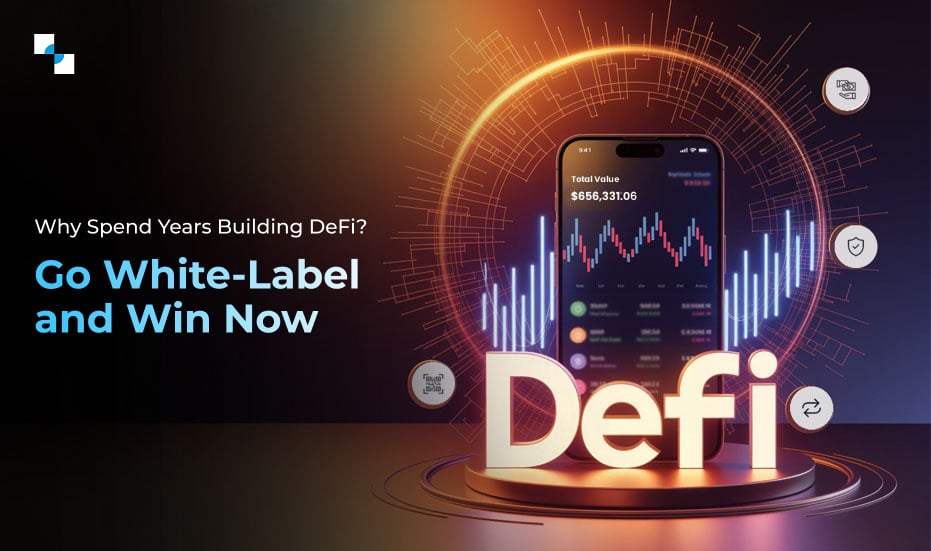The rise of DeFi has transformed traditional financial services, offering innovative lending-borrowing solutions and trading options. However, we can’t ignore the associated security challenges that have increased significantly with the growth of DeFi. In such a situation, we need to consider rollups- one promising technology capable of addressing these risks. We can also refer to it as a form of Layer-2 scaling. Rollups enhance the performance and security of blockchain transaction networks, and choosing them for DeFi lending platform development can be a smart decision.
How Rollups Mitigate Security Risks in DeFi Lending
Rollups enhance DeFi lending security by processing transactions off-chain, reducing congestion, improving scalability, and ensuring more efficient smart contract operations. Let’s discuss it in detail:
1. Transaction Finality and Settlement Assurance
Nowadays, DeFi lending platform development services are harnessing the primary security advantages rollups bring to DeFi lending platforms by following a unique approach to transaction finality. By batching multiple transactions and posting them to the mainnet with cryptographic proofs, rollups provide a robust security guarantee that traditional layer-1 solutions struggle to match. For instance, when users interact with a DeFi lending platform built on rollups, their transactions benefit from Ethereum’s security while enjoying faster confirmation times and lower costs. This is particularly crucial for lending operations where quick execution and settlement assurance can prevent potential exploits and market manipulation attempts.
The implementation of fraud proofs in Optimistic rollups and validity proofs in ZK-rollups creates an additional security layer that protects lending operations. These mechanisms ensure that all state transitions, including loan issuance, collateral management, and liquidations, are verified either through a challenge period or mathematical proofs. This has made DeFi lending platform development significantly more secure, as any malicious activity would be detected and prevented before affecting the protocol’s state.
2. Smart Contract Security and Risk Compartmentalization
When it comes to DeFi lending platform development services, rollups offer unique advantages in terms of smart contract security. The segregated execution environment of rollups allows for better risk compartmentalization, meaning that potential vulnerabilities in one lending protocol are less likely to affect others within the same ecosystem. This architectural benefit has become increasingly important as DeFi lending platforms grow more interconnected.
Rollups also enable more sophisticated security measures through their specialized execution environments. For instance, they can implement additional validation layers specific to lending operations, such as enhanced checks for flash loan attacks or price manipulation attempts. These security features are often more cost-effective to implement on rollups due to their reduced gas costs, allowing lending protocols to maintain robust security without compromising on functionality or user experience.

3. Liquidity Protection and MEV Mitigation
Rollup technology has been an important ally in the fight against miner or MEV (Maximal Extractable Value). Rollups would arm DeFi lending platforms with the tools to protect users from predatory MEV practices that can be particularly damaging in lending markets where liquidations and interest rate arbitrage are common. By implementing fair ordering systems and batching mechanisms, rollups help ensure that all users receive fair treatment in the lending market regardless of their transaction size or timing.
In addition, rollup-based lending protocols can design more sophisticated liquidation mechanisms in ways that protect both lenders and borrowers. Lower transaction costs will permit more granular liquidation processes that help decrease the impact of such massive-scale liquidation events that would otherwise destabilize the lending market. It has become an important feature for organizations that require DeFi lending platform development services, as it directly affects the sustainability of the platform in the long term and the trust among its users.
4. Cross-Layer Security and Interoperability
As DeFi lending platforms increasingly operate across multiple layers and chains, rollups provide crucial security infrastructure for cross-layer operations. Through sophisticated bridging mechanisms and standardized security protocols, rollups enable secure asset transfers and lending operations across different blockchain environments. This interoperability doesn’t come at the expense of security; instead, rollups enhance it through their inherent verification mechanisms.
The development of secure cross-layer lending protocols has become a key focus for DeFi lending platform development services. Rollups facilitate this by providing standardized security interfaces and verification methods that work across different blockchain environments. This standardization helps reduce the risk of cross-chain attacks while maintaining the efficiency and accessibility that makes DeFi lending attractive to users.
Real-Life Examples: Rollups in Action
- Aave Using Layer 2 Solutions
Aave is one of the top DeFi lending protocols and has been actively exploring rollup solutions to improve scalability while reducing costs. It has integrated Layer 2 to ensure the enhancement of its user’s accessibility without weakening its robust security standards.
- Compound and Cross-Chain Lending
Compound showed interest in using rollups for cross-chain lending. It allows rollups to connect diverse blockchain ecosystems, so creating a seamless DeFi experience is one of the interests of Compound.
Final Thoughts
The role of rollups in securing DeFi lending platforms will most likely continue to grow further in the future. With new security challenges and the sophistication of lending protocols, the flexibility and scalability of rollup technology will provide innovative solutions for risk mitigation. Organizations that invest in DeFi lending platform development should stay abreast of these security advantages to build robust and resilient lending protocols. Rollups have emerged as an indispensable tool in the development of secure lending platforms by providing enhanced transaction finality, smart contract security, liquidity protection, and cross-layer compatibility.
Ready to get a first-hand experience? Contact Antier. Our team can implement robust lending platforms that benefit from enhanced security, reduced transaction costs, and improved user experience. We handle initial architecture design to smart contract deployment and thorough security audits with due diligence. Our expertise in rollup technology can help transform your DeFi lending vision into a reality that stands out in the competitive decentralized finance market.







